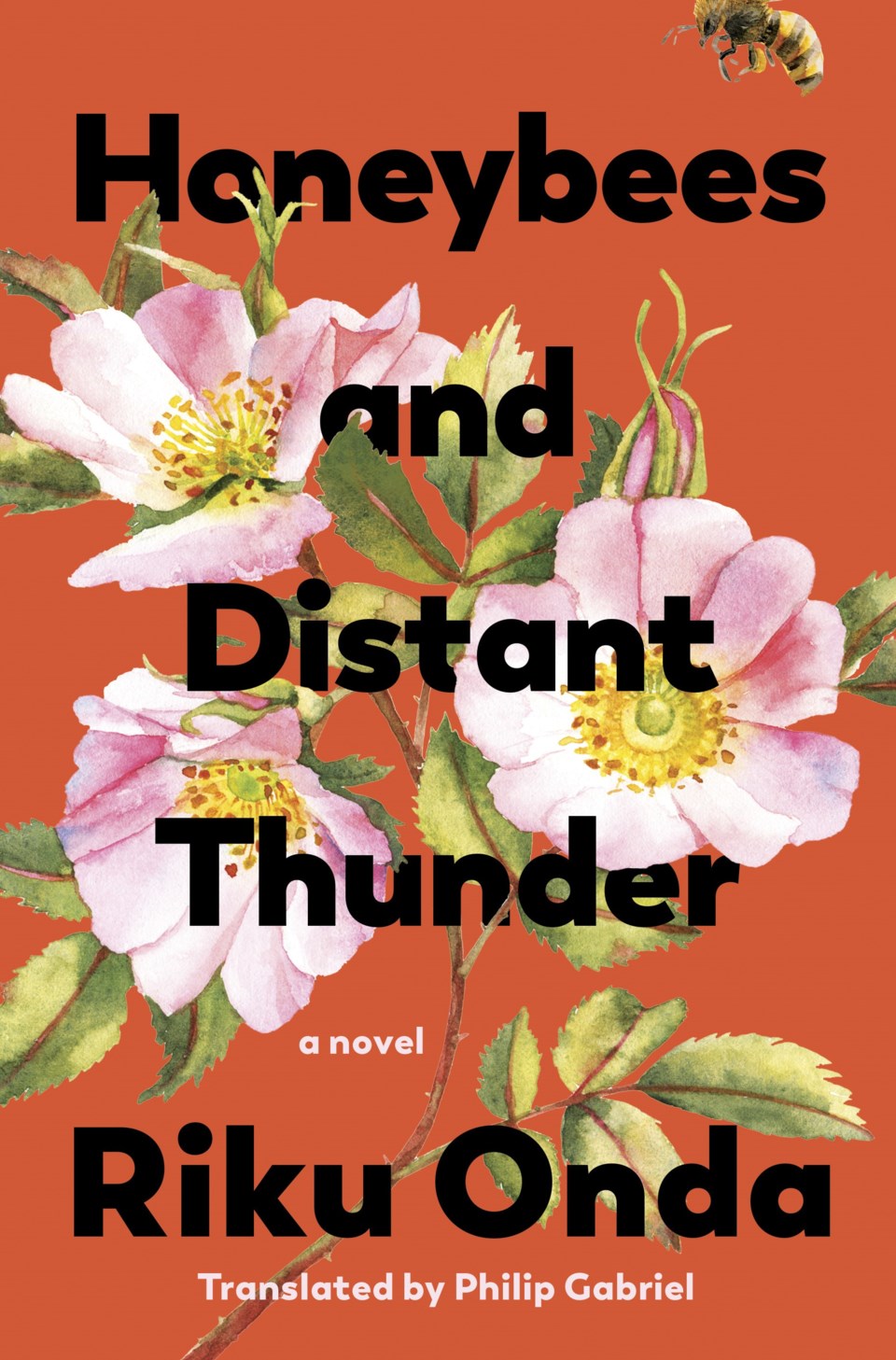“Honeybees and Distant Thunder” by Riku Onda (Pegasus Books)
The Yoshigae music competition will never be the same after this year’s pianists push the boundaries of the art form, leaving judges to wonder if a particular contestant is a gift from the music gods or a ticking bomb.
Riku Onda’s “Honeybees and Distant Thunder” is a meandering ode to music, to the artists who create it and the nature that inspires it. The novel pops between a slew of characters as they witness breathtaking performances and nervously wait for results at the end of each round, from a preliminary trial in Paris to the finals in Japan.
Onda's passion for music is immense and infectious, bursting out of each of her characters with their unique views of the craft.
Competition judge Mieko has an anti-establishment rebellious streak in her. Juilliard student Masaru sees athleticism in piano playing. Former child prodigy Aya cherishes the musicality of nature. Akashi wants to prove that musical performance is for everyone, even a working-class father like himself. And Jin, the son of a beekeeper, is on a totally different level that challenges the conventions of stuffy classical piano competitions.
“Honeybees” soared to success as a bestseller in Japan and won the Japan Booksellers Prize and the Naoki Prize in 2017. Translated by Philip Gabriel, whom readers will recognize from his work with Haruki Murakami novels, the book's international release in English comes with high expectations.
But it falls short of the hype.
Half-formed thoughts dust the pages, sometimes over-explaining as the narrator explores an idea, sometimes not really explaining at all. Onda returns again and again to a disjointed sort of poeticism that circles around the core idea by firing off questions and trying out slightly augmented versions of the same sentence, akin to stream-of-consciousness.
Then, by bouncing around different characters, the author has the opportunity to repeat the same ideas and sentences again — sometimes verbatim.
Hence how a single music competition can take up over 400 pages.
It’s verbose, repetitive, meditative. It basks in its own metaphor, taking inspiration from itself to fuel even more endless yet endearing droning as it meanders through the field of its own story.
But, once you get used to the style and surrender to it, “Honeybees” is a lovely book to get lost in because it forces you to be in the moment with the story. Something clicks — you hit a stride and suddenly realize pages have passed since you said “I’ll stop at the end of this paragraph.”
You don’t have to be a pianist, or even a musician, to follow the characters' internal struggles through the twists and turns of each round of competition. But it is helpful to have some musical background — to understand the hair-raising quality of playing a harmony that’s just a half-step up from the melody, or follow along when spectators start commenting on a performer’s glissando, tremolo or fortissimo. Still, Onda describes the music in ethereal, pastoral scenes that rely more on emotion than on technical know-how.
While its quirks don't all translate nicely, “Honeybees” is deeply moving. The now-ness of Onda's writing left me more than once with a big, goofy grin on my face or tears on my cheeks before I could break her musical spell to stop them.
Donna Edwards, The Associated Press



